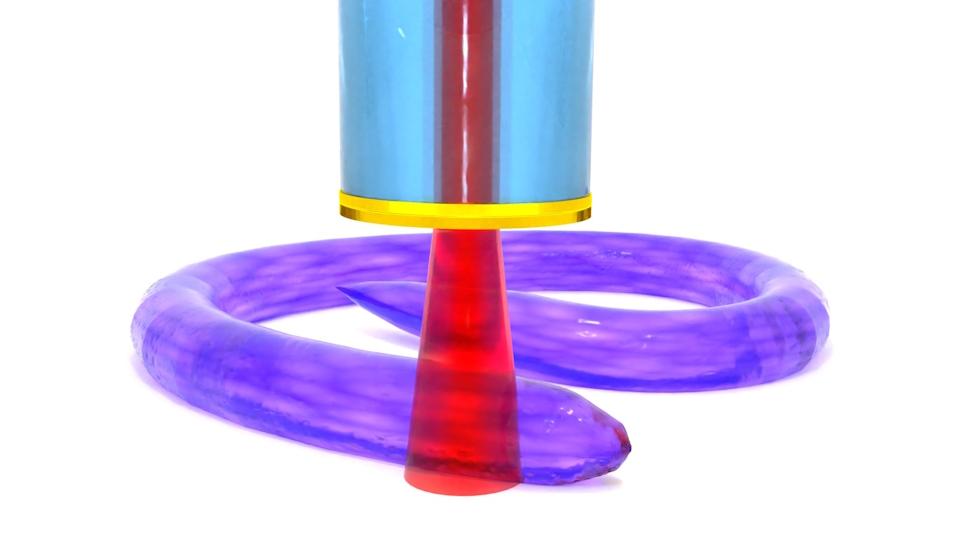Epizyme scores important follicular lymphoma approval with Tazverik

Epizyme has scored an important FDA win after the regulator approved its Tazverik (tazemetostat) in follicular lymphoma.
Tazverik is already approved in patients with epithelioid sarcoma, a rare form of cancer, but approval in two kinds of follicular lymphoma could mean a substantial amount of income for the Massachusetts biotech.
The drug is the first in its class to be approved and is tipped as being a potential blockbuster after approval in two indications in follicular lymphoma (FL).
Tazverik can now be used in adults with relapsed or refractory FL whose tumours test positive for an EZH2 mutation and who have received at least two prior systemic therapies.
It can also be used in patients with relapsed or refractory FL who have no satisfactory alternative treatment options.
Approval followed a faster priority review and was based on response data from a single-arm phase 2 trial, meaning that continued approval may depend on confirmatory data from a larger trial.
Tazverik is a first-in-class EZH2 inhibitor, and Epizyme holds global development and marketing rights to tazemetostat outside Japan.
Eisai owns development and marketing rights in Japan, and a right of first negotiation to rights in the rest of Asia.
Sales in the first sarcoma indication are expected to be limited to around $100 million annually, but could be considerably boosted by approval in other indications.
Constellation Pharmaceuticals and Pfizer are developing rival EZH2 inhibitors, although they are not likely to be on the market for a couple of years, assuming that trials go well.
Enhancer of Zeste Homolog 2 (EZH2) is over-expressed on many solid tumours and blood cancers, and is linked with late-stage disease and poor prognosis.
Epizyme is also conducting a single global, randomised, adaptive confirmatory trial to test the combination of Tazverik with a commonly used FL treatment known as “R2” in second line or later.
R2 consists of Bristol-Myers Squibb’s Revlimid (lenalidomide) and rituximab and the trial is expected to enrol approximately 500 FL patients, stratified based on their EZH2 mutation status. The safety run-in portion is already under way.













